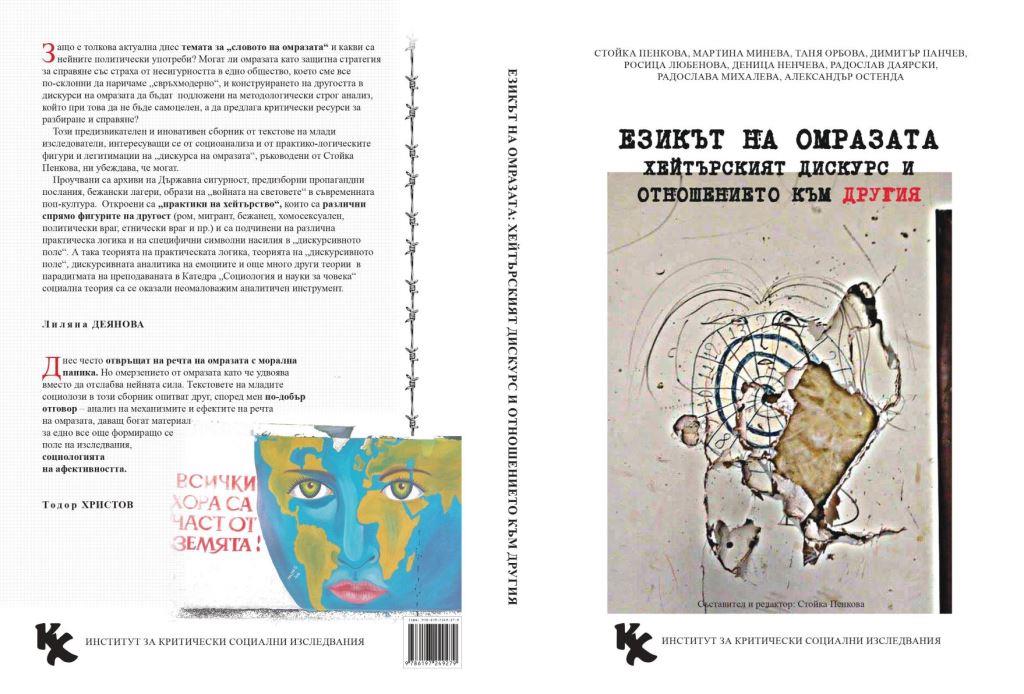Легитимация и квантификация в дискурси на омразата
Legitimation and Quantification in Hater Discourses
Author(s): Martina Mineva
Subject(s): Social Sciences, Sociology, Social differentiation, Ethnic Minorities Studies, Identity of Collectives
Published by: Пловдивски университет »Паисий Хилендарски«
Keywords: language games of legitimation; daily quantification; performative logic; non-classical transcendental logic; non-classical intentional analytics; „immunization against induction“
Summary/Abstract: Based on the turn to common language in practice of the mid-20th century, mainly through Wittgenstein's Philosophical Investigations, the paper offers an analytic of language games, starting from an analysis of the problem of naming at Wittgenstein’s and Austin’s works. It is argued that chances of discourse of hate speech should be discussed not only as a direct reference to the naming problem but also to the problem of inequality in language games and in the language games of legitimation. The analytical capabilities of the latter are emphasized by their classification, a condition for the possibility of reaching such an opportunity is also the return to the problem of authorization in Pierre Bourdieu's analyzes, as well as the problem of the legitimacy functions of meta-narratives and the process of their delegitimation, following Jean-François Lyotard. By suggesting the link between language games (method) and the problem of the legitimacy of boundaries of philosophical discourses (subject), Lyotard gives a chance to raise the problem of legitimacy by interpreting the field of the endogenous logic of practice. Since all this necessitates the problem of daily quantification, it is argued that the method-subject relationship gives a chance to identify a number of data in hate discourses that allow a critical interpretation of the sustainability of, in Harvey Sachs's theory of conversation analysis, „categorical explanations immunized against induction,” such as the most common forms of „doing hate”. At the end of the text, a thought experiment is proposed in which, relying mainly on the analytical chances provided by non-classical transcendental logic and intentional analytics, a case is presented in which the so-called „doing hate” and „immunization against induction” are analyzed with a focus on the forms of legitimation and daily quantification.
Book: Езикът на омразата : Хейтърският дискурс и отношението към другия
- Page Range: 44-68
- Page Count: 25
- Publication Year: 2018
- Language: Bulgarian
- Content File-PDF

